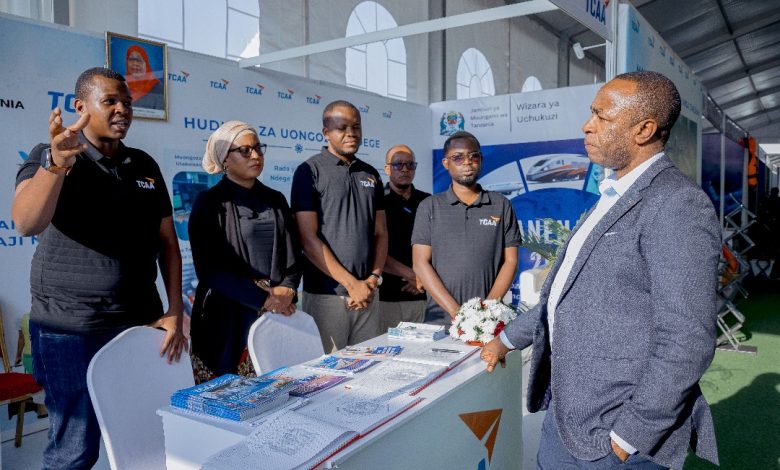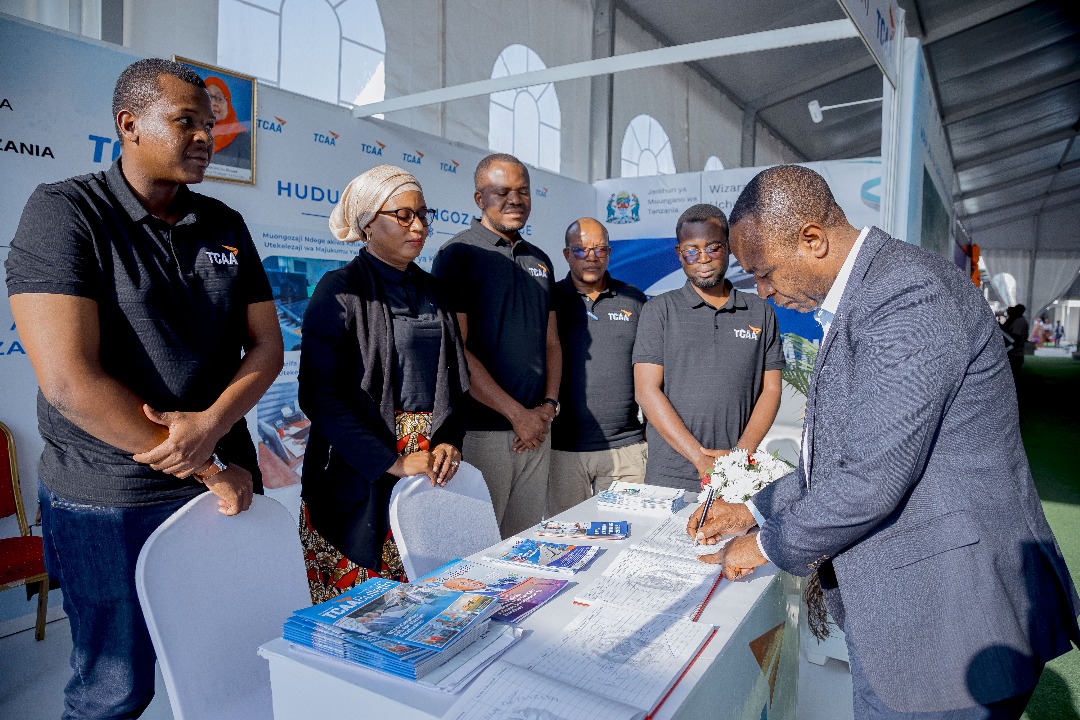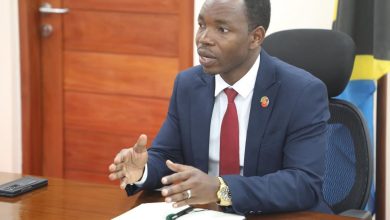Tanzania set to manufacture its own drones soon

DODOMA: THE Tanzania Civil Aviation Authority (TCAA) has revealed plans to start manufacturing drones locally, a move aimed at reducing dependency on imports and making the technology more accessible to Tanzanians.
Speaking at the Nane Nane Agricultural Exhibition at Nzuguni grounds in Dodoma, TCAA Director General, Mr Salim Msangi, said the authority has begun receiving applications from individuals and companies interested in producing drones in the country.
“We are now seeing applications from people who want to manufacture drones locally. We are working on a framework to ensure that those who need drones can easily buy them here in Tanzania instead of importing from abroad,” he said.
Mr Msangi emphasised that while drone technology presents vast opportunities, it must be used responsibly to avoid security risks.
“If misused, this technology can cause security challenges. That is why we always strive to educate the public whenever there is a large gathering, so they understand the proper procedures for importing and using drones. Although drones have no onboard pilot, their operator on the ground can inadvertently violate someone’s privacy or enter restricted areas such as military zones,” he explained.
ALSO READ:TCAA calls for drone adoption agric

He urged the public to follow the law when acquiring and operating drones, noting that they are registered in a process similar to other aircraft. “It is a straightforward process, you apply online, follow the provided guidelines, and get your registration number along with instructions for proper use,” he said.
The TCAA chief said the authority oversees the entire aviation sector, which includes airlines, airports, and various aviation service providers.
The Nane Nane exhibition, he noted, offers an opportunity to showcase the authority’s work and educate citizens on permits required for all aircraft flying in Tanzania’s airspace or landing in the country.
He added that the authority also registers incoming aircraft after verifying their airworthiness before they commence operations.
According to him, the aviation sector is a major contributor to the national economy, facilitating business and tourism.
Passenger numbers have significantly increased from two million in 2020 during the height of COVID-19 to eight million currently.
“This growth of nearly six million passengers is substantial, with many of them being tourists who also engage in agriculture-related activities. Cargo planes also bring in farm inputs, meaning aviation supports various sectors,” he said.
Mr Msangi noted that with the expansion of the aviation, railway, and road networks, agriculture is set to benefit greatly.
“Transporting produce to markets depends not only on good roads but also on modernised airports across the country, many of which have now been upgraded to tarmac standards,” he said.
He pointed out that Air Tanzania Company Limited (ATCL) has also strengthened its cargo capacity by acquiring a dedicated cargo aircraft for transporting goods, including agricultural produce.

“In 2015, we had only one passenger aircraft with about 50 seats. Today, we have 16 aircraft, 15 passenger planes and one cargo plane, all contributing to the agricultural value chain by connecting farmers to reliable markets,” he said.






428109 228299Really clear internet website , thanks for this post. 445777